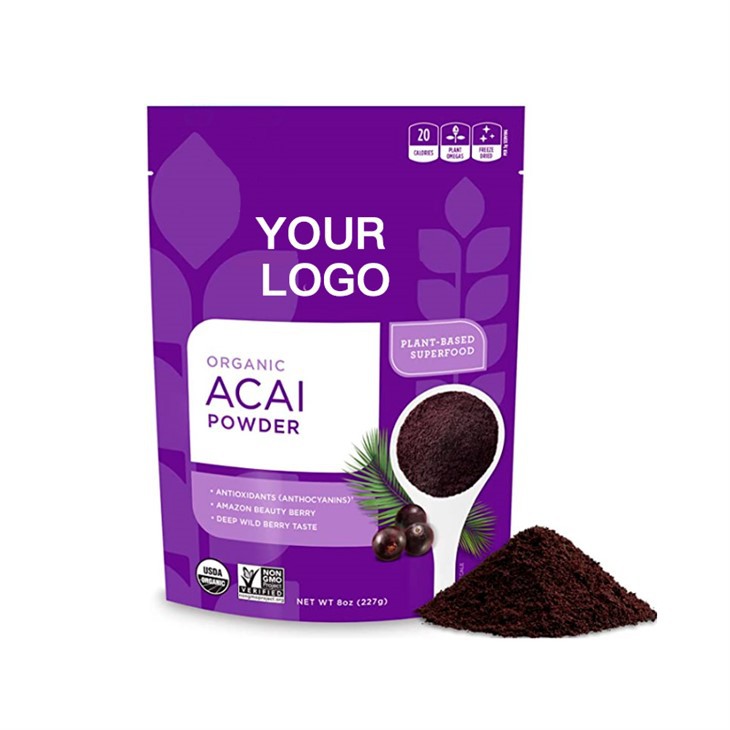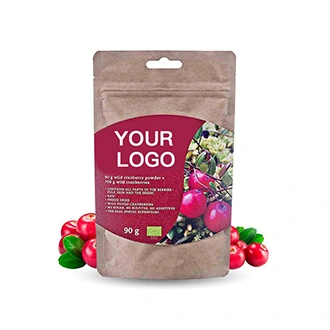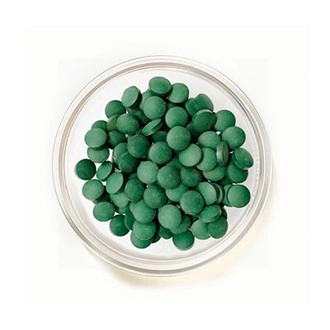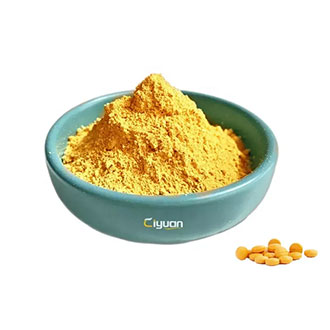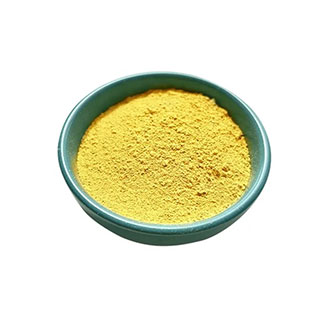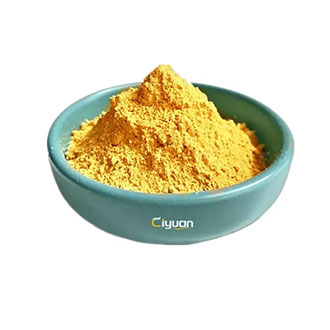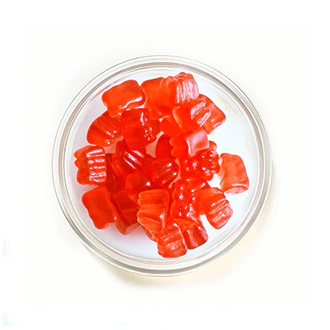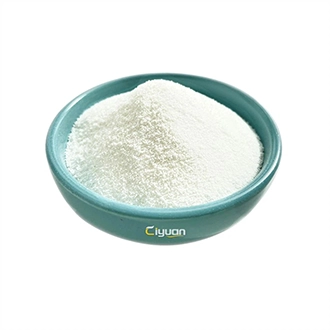Folic acid is a type of vitamin B complex, also known as vitamin B9 or folate. It plays important biological functions in the human body, especially playing a key role in the development of the fetal nervous system and cell division. As one of the highest-quality folic acid manufacturers, Ciyuan has its R&D team and advanced production factory. We are committed to providing customized product solutions based on market trends and customer needs, including a series of finished products such as capsules, pressed tablets, soft capsules, and sachet packaging.
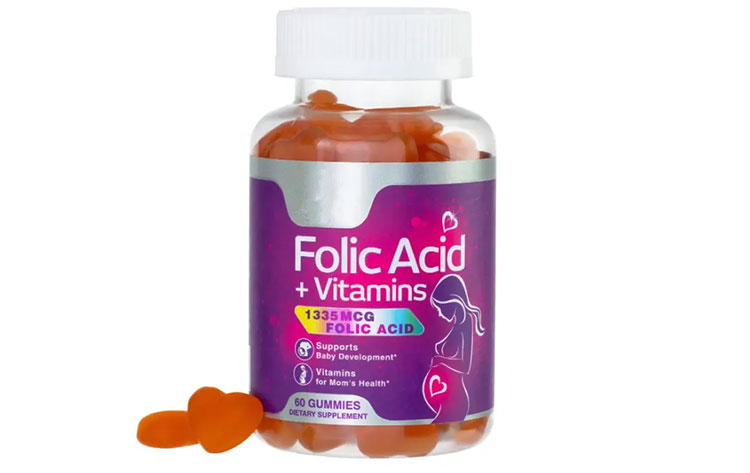
Please directly contact selina@ciybio.com.cn for professional technical and product solutions and support!
What is Bulk Folic Acid?

Bulk Folic Acid is obtained vegetatively. It is obtained from different natural sources mostly green vegetables, legumes, and yeast. It is yellow from orange in visual and is usually, present as crystals or a powder having the crystal nature. In the production and processing process, many stages were included in separating most of which were extraction separation crystallization as well as drying. Quality controls on the final product are very strict and guarantee an outstanding purity level for high activity. The B vitamin family includes folate which is a member of this group and takes part in cell division by serving as necessary for DNA synthesis. Its primary active component is folic acid, which serves a fundamental role in the growth and development process furthermore during metabolism in many creatures. The applications of this powder include varying industries, pharmaceuticals, and food. That is why it has gained popularity in the treatment of all kinds of deficiencies resulting in a normal growth and development ratio. Vitamin A or beta-carotene is commonly used as a food fortifier in the food manufacturing industry where essential things such as flour and grains have an addition of this element to enhance the quality ratio.
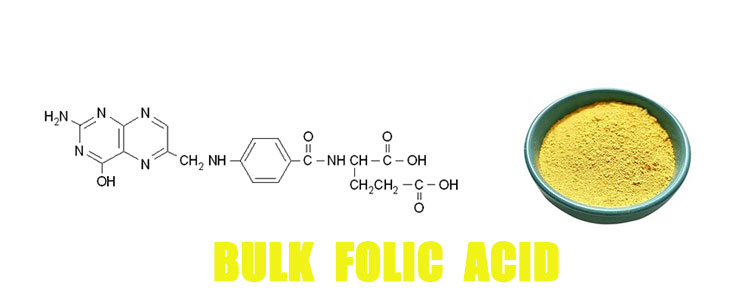
Quality Control COA

ITEMS | STANDARD | TEST RESULTS |
Assay | 97.0%~102.0% | 97.35% |
Physical & Chemical | ||
Appearance | Yellow or Orange Crystalline powder | Complies |
Particle Size | 90% pass 80 mesh | Complies |
Ultraviolet Absorption | A256/A365=2.8~3.0 | 2.91 |
Loss on Drying | ≤8.0% | 7.92% |
Ash | ≤0.3% | 0.24% |
Related Substances | ≤2.0% | 1.91% |
Solvents Residue | Meets the requirements | Complies |
Heavy Metal | ||
Pb | ≤10.0ppm | Complies |
As | ≤3.0ppm | Complies |
Microbiological Test | ||
Total Plate Count | ≤1,000cfu/g | <10cfu/g |
Yeast & Mold | ≤100cfu/g | <10cfu/g |
Conclusion | Conform with the USP38 | |
Storage | Store in cool and dry places. Keep away from strong light and heat | |
Packing | By 25kgs/Drum, inner by double plastic foil bag | |
Shelf Life | 24 months under the above condition, and in its original package |
Sources

1. Leafy Green Vegetables:
Folic Acid is a nutrient found in many vegetables, including spinach, kale broccoli lettuce. These leafy greens, apart from vitamins and minerals provide vast amounts which are partly there for constituting a balanced diet.
2. Legumes:
Legumes like lentils, chickpeas, and beans a considerable dose.
3. Citrus Fruits:
It is present in citrus fruits, which include oranges, grapefruits, and lemons. The introduction of fruits such as the ones discussed above in your diet is one way through which your Folic Acid intake can increase alongside vitamin C and other substances that are generally considered healthy.
4. Avocado:
The presence of this in avocado is because it has healthy essential fats It has nutritional value contained in meals, snacks, and macro-mineral supplements for overall health.
5. Yeast:
Some specific kinds of yeasts, including nutritional ones exhibit remarkably high levels. These yeasts are also widely used by vegetarian and vegan people as a source of different nutrients.
6. Nuts and Seeds:
It appears in nuts such as peanuts and sunflower seeds, as well as seeds like flaxseeds and chia seeds which all help make these foods nutritional.
7. Whole Grains:
Other significant chemicals include whole. The inclusion of these types of grains in the diet has numerous positive health effects.
Benefits

1. Cellular Health:
Folate powder functions as the best source of supporting cellular division and DNA synthesis, which are paramount processes for growth, and repairing cells including proper maintenance in an individual’s body.
2. Cardiovascular Support:
It also contributes towards the keeping of heart health because it is involved in homocysteine metabolism which has a connection with heart competency.
3. Neurological Function:
Sufficient absorption is believed to lead to proper cognitive function, which in return ensures appropriate brain development and functioning.
4. Metabolic Processes:
It participates in several metabolic pathways; namely, amino acid addmetabolism and methylation reactions that influence different physiological functions.
5. Red Blood Cell Formation:
It is part of the red blood cell formation which may serve for oxygen transferring and create an overall energy level.
6. Pregnancy Support:
It is vital during pregnancy because it helps in the development of neural tube venturing. This reduces cases of some birth defects due to fetal infection by certain organisms that are either an infective microorganism or a salivary chromosome virus formed at an immature stage
7. Immune System:
It has to do with immune
8. Skin and Hair Health:
It promotes healthy skin, hair, and nail growth thus its participation in cell division through tissue healing.
9. Energy Production:
It converts food to energy and promotes vitality in general.

Application

1. Preparing pharmaceuticals:
In the pharmaceutical industry, it is largely used to make vitamin complexes, drugs, and nutraceuticals that help the human body grow normally.
2. Food manufacturing:
The food industry often uses it as a food additive in flour, grains, and other products to enhance the nutritional value of foods.
3. Dietary supplements:
This ingredient plays a significant role in improving health, strengthening immunity, and promoting various physiological processes through its use as a component in dietary supplements.
4. Maternity healthcare:
During pregnancy, vitamin B9 is necessary for the development of the fetus's neural tube thus contributing to maternal health care services.
5. Heart health:
It could be a potential application for maintaining cardiovascular health since its involvement in homocysteine metabolism may lead to risk reduction of cardiovascular diseases.
6. Innovations in food production:
The addition of vitamin b9 powder can help improve the nutritional value of products during food innovation thereby meeting the demands of increasingly healthy consumers.
Vitamin B9 and B12 Complex Supplement

Ingredient:
Bulk Folic Acid
It provides the main components of vitamin B9 required for cellular health and DNA synthesis.
Vitamin B12
Another B vitamin is necessary for the nervous system and the formation of red blood cells.
This composite formula maximizes its interplay with vitamin B12 to deliver overall support for cellularity, nerves, and blood that meets varying nutrition needs among populations. Nevertheless, it is important to consult a qualified physician before taking this supplement to guarantee one’s safety and health.
Chromatogram

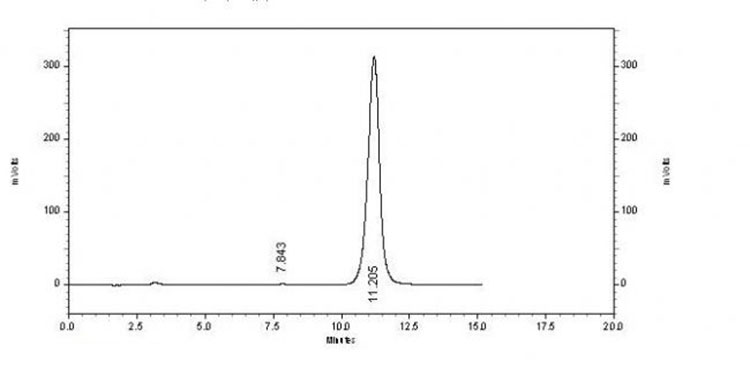
Package

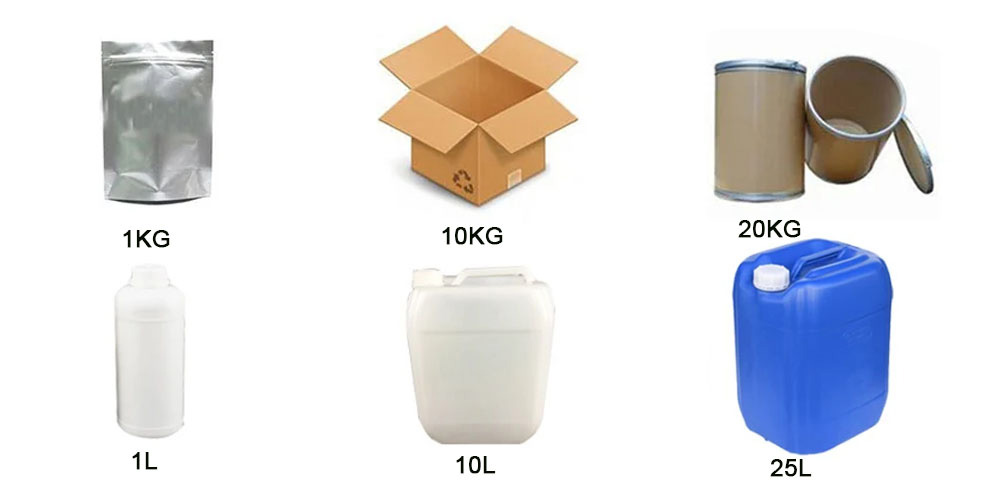
Customer Feedback


Exhibitions



